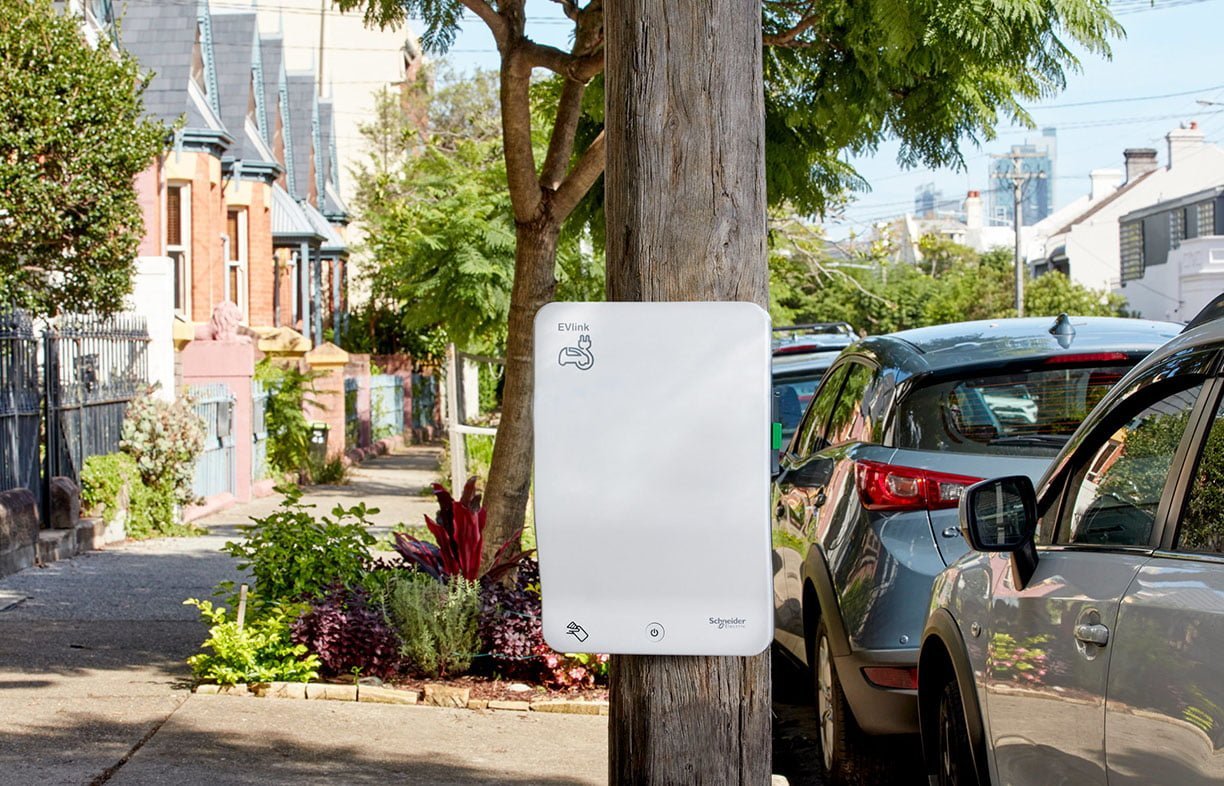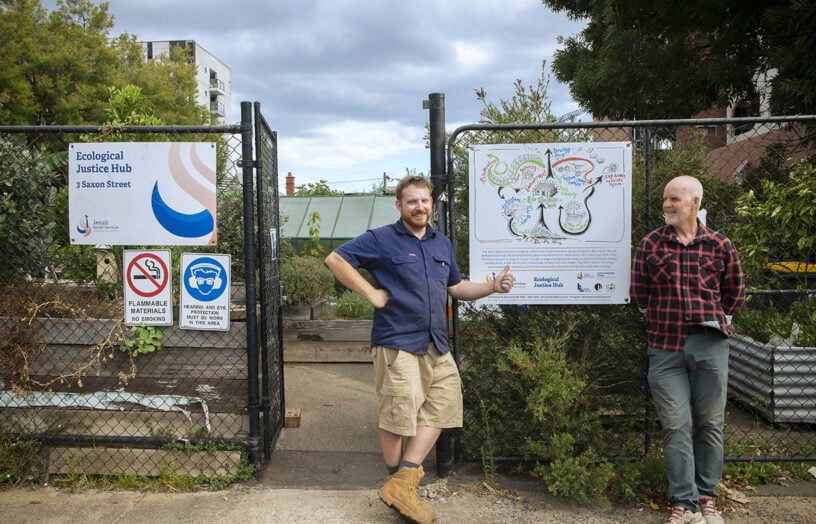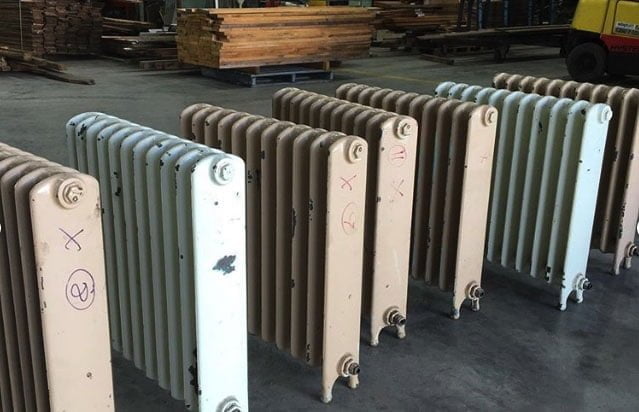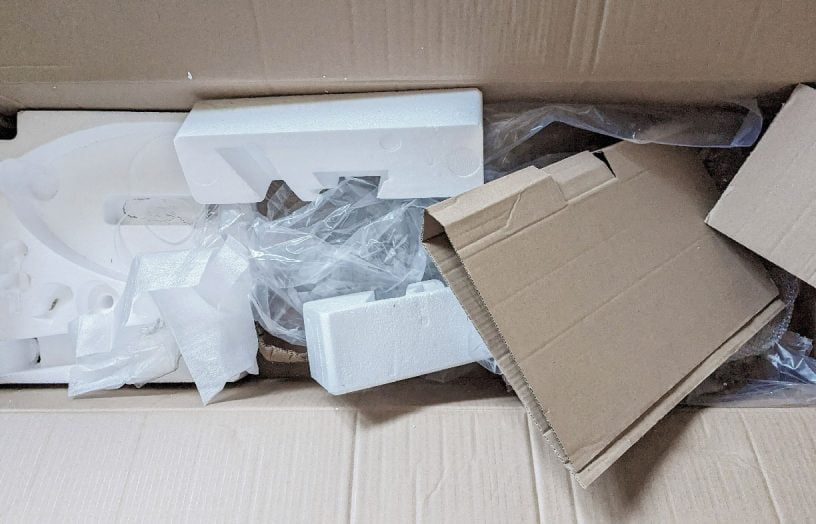EV street charging trial

One of the oft-touted drawbacks with EVs is that for residents of an estimated 1.9 million Australian homes without off-street parking, there is nowhere to charge their EVs when they are parked on the street.
As you might expect, more forward-thinking local governments have already solved this problem, at least in part, with the installation of kerbside EV chargers mounted on power and light poles. There are already tens of thousands of such chargers installed in cities overseas, such as London, Los Angeles, New York, Hamburg, and Toronto, but in Australia, not so much.
However, Australia’s first street-side charging project is now underway, encompassing nine local Council areas in NSW; Inner West Council, Singleton Shire Council, Waverley Council, Lake Macquarie City Council, Woollahra Council, City of Ryde, Randwick City Council, Northern Beaches Council and Parramatta City Council.
The Schneider 7.4 kW EV chargers will initially be deployed at 50 sites, allowing for top-up charging and overnight charging for residents and visitors. The chargers will be powered by 100% GreenPower from Origin Energy, so EVs using the chargers will be emissions free.
The charging service will be managed via Exploren (exploren.com.au), an EV charging and load management system which handles billing and time limits. The project is being led by smart metering and data intelligence provider Intellihub.
Key objectives of the trial, which is being supported with a $871,000 grant from the Australian Renewable Energy Agency, is to:
To demonstrate that there are no regulatory barriers to using existing street furniture that is already powered
Determine how many people will use the chargers. If the trial is a commercial success, then a wider rollout of chargers will be possible on a commercial basis.
Understand the impact of the chargers on the electricity network, including how they could be used in a bi-directional manner (with bi-directional capable EVs) to feed power back into the electricity grid when required, or to soak up excess rooftop solar generation during low demand or peak production periods.
“It’s expected that as many as 10 percent of new car sales in Australia will be electric vehicles by 2025,” Intellihub CEO Wes Ballantine said. “That equates to an extra 120,000 new EVs on our local streets each year. It is likely that many of these car owners may be unable to charge their EVs from home. Power poles line most of our public streets and that presents an opportunity for the EV charging market. They’re an accessible, safe, and practical option for EV charging.”
Further reading
 Reuse & recycling
Reuse & recycling
Community eco hub
Nathan Scolaro spends 15 minutes with Stuart Wilson and Michael McGarvie from the Ecological Justice Hub in Brunswick, Melbourne.
Read more Reuse & recycling
Reuse & recycling
Recycled hydronic heat
Renew’s sustainability researcher Rachel Goldlust gives us a view of and from the Salvage Yard.
Read more Reuse & recycling
Reuse & recycling
The future of packaging
Packaging comes with just about everything we consume, with far-reaching implications for us and the planet. Jane Hone asks how we can get a handle on it.
Read more
